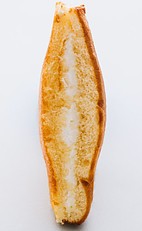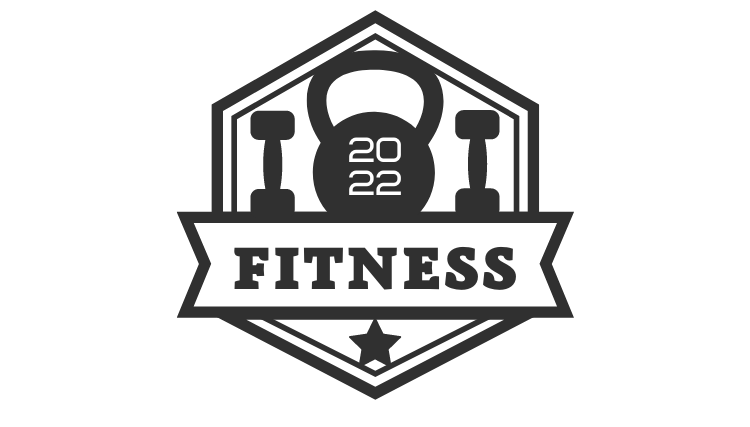Why Counting Calories Isn’t an Effective Weight-Loss
He wanted to show his students that losing weight isn’t just about counting calories.
So, for weeks, the professorate a calorie diet consisting of 
He also ate Doritos, Little Debbie’s, sugary cereal, and other junk food.
When he first began, Haub weighed pounds, which was considered overweight for his height.
Dropping Pounds
He had dropped pounds at the conclusion of his snack-food binge, leaving him at a loss.
The story went viral, and the media dubbed Haub’s eating regimen the Twinkie Diet.
Undoubtedly, some people who heard the news rushed out to stock up on the spongy yellow treats.
But Haub’s goal was not to get people to eat more Twinkies.
Fewer Calories per Day
The point, he said, was that he had eaten fewer calories per day than was required to maintain his weight.
In other words, calculating calories is the secret to weight loss: if you eat fewer calories than you burn, you will lose weight.
It’s really that easy.
For more than a century, Haub’s message has served as conventional counsel.
Many experts believe that it all comes down to simple math: calories in minus calories out.
Countless millions of people who battle with their weight take this advice to heart, diligently monitoring their calorie intake.
However, many people ultimately realize that all of their countings was for nothing.
In reality, the FDA allows nutrition label figures to be off by up to a percentage, usually, an undercount.
That implies, for example, that ice cream claiming to have calories per serving may contain them.
Making things worse is the common issue of exaggerated serving sizes.
Cup of Ice Cream
If you eat a cup of ice cream instead of the recommended serving size, you may be consuming the same number of calories.
Calories shown may also be incorrect due to how our systems digest particular meals. Consider almonds.
According to nutrition labelling, they contain up to calories per ounce.
Almonds
However, this figure does not take into account the fact that almonds travel through the intestines partially undigested.
As a consequence, the body does not absorb all the calories.
According to studies, the real count is—a significant discrepancy.
Calorie counts aren’t accessible for everything we consume, so we often have to depend on our own estimations.
And, according to studies, these figures are notoriously inaccurate.
Pancakes to Onion Rings
Unconscious biases may further distort our calorie estimations. For example, there is the “health halo” bias, which causes people to underestimate the calories of items promoted as healthy. 
Meanwhile, online calculators can tell you how many calories you burn each day, but it’s just an estimate.
Research has shown
Wearable devices are also a possibility, although research has shown that their findings are inaccurate.
We use energy for breathing, circulation, daily activities, exercise, digestion, and digestion.
A variety of additional variables, such as age, gender, weight, and body fat, have a role.
How many Calories
Given all the difficulties in properly estimating how many calories we need and how many we eat, tracking calories as a weight-loss method is unrealistic.
The complexity alone is reason enough to avoid calorie tracking.
There’s a larger issue: counting calories ignores other factors that may influence how much we weigh.
As we cut calories and lose weight, biochemical processes occur to maintain body fat and protect us from hunger.
A shift in metabolism is one such adaptation. A lighter person’s body has a lower BMR than a larger person’s.
Burn Fewer Calories
As we lose weight, we burn fewer calories than would be anticipated for a person our size—a process known as adaptive thermogenesis.
In essence, our bodies become more fuel-efficient, making it harder to lose weight and maintain weight loss.
Sadly, this evolutionary gift, meant to keep us alive in times of scarcity, cannot be turned off or returned.
Weight management is also influenced by our genetic composition.
Look no farther than those perplexing individuals who seem to be able to eat anything they want and not gain a pound.
Excellent Genes
According to conventional thinking, such people are endowed with “excellent genes,” and research involving twins indicates that genes do influence how our bodies react to  food.
food.
In one study, researchers followed male identical twins for four months, recording their every move.
Yes, the twins agreed!
The twins said yes! The participants were fed more calories than usual and had to limit their physical activity.
They gained weight, as expected.
However, the quantity fluctuated, ranging from approximately to pounds.
Weight Increase
Moreover, the weight increase difference between twins in a pair was much smaller than the difference between twin pairs.
This means that hereditary factors influence how quickly we gain weight.
A similar study indicates that heredity influences how quickly we lose weight.
The combination of microorganisms in our gut is another potential factor in weight gain.
Macrobiotics
The macrobiotic is a population of bacteria, viruses, and other microbes that help break down food and derive energy from it.
Obese people’s macrobiotic vary from thin ones, according to studies.
Though this study is still in its early stages, it indicates that two individuals may consume the same quantity of the same food and have different impacts on their weight depending on the composition of their macrobiotic.
In fact, it is the calories we absorb rather than the ones we consume that matter when it comes to our weight.
Calorie Counting
Calorie counting may be helpful for weight reduction in the short term, and it may work long term for certain people.
However, for the vast majority of individuals, it not only fails but also causes damage.
For starters, it may distract from the joy of eating by turning meals into a laborious exercise in counting and weighing food.
Are you Stressed?
An unhealthy relationship with food can result from this pattern, making it difficult to achieve and maintain a healthy weight.
Furthermore, calorie preoccupation may lead to poor food choices and eating habits that harm your health.
Not all calories are the same—calories from broccoli do not equal calories from jellybeans—and a low-calorie diet is not always healthful.
Focusing only on Calories
Focusing only on calories may result in your body getting too little of what it needs while getting too much of what it doesn’t.
So, what is the alternative?
While keeping an eye on calories is important, don’t obsess over them.
Instead, focus on the overall quality of your diet, emphasizing on
- vegetables
- fruits
- whole grains
- legumes
- nuts
- seafood
- lean meats
while limiting overly processed items such as chips, cookies, fried meals, and sugary drinks.
To say our bodies’ weight-regulation systems are complicated is an understatement.
Even after decades of study, scientists still don’t understand a lot.
Basic Food-scoring System
It defies logic to expect a 20th century food scoring system to capture this complexity.
Nonetheless, calorie tracking and calorie arithmetic remain cornerstones of weight-loss attempts. 
It is hardly surprising that our society’s obsession with this insufficient and error-prone measure has produced such dismal outcomes.
What is astonishing is that we continue to give it so much weight.
Please Leave your Comments and Questions Below and I will be glad to answer them.

